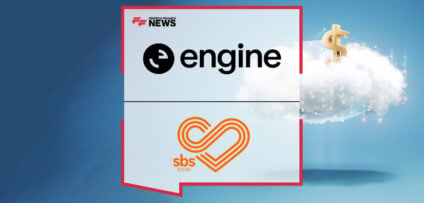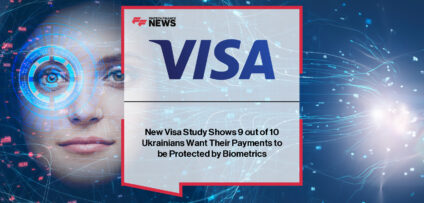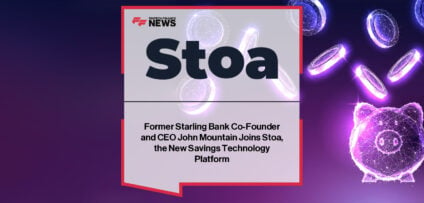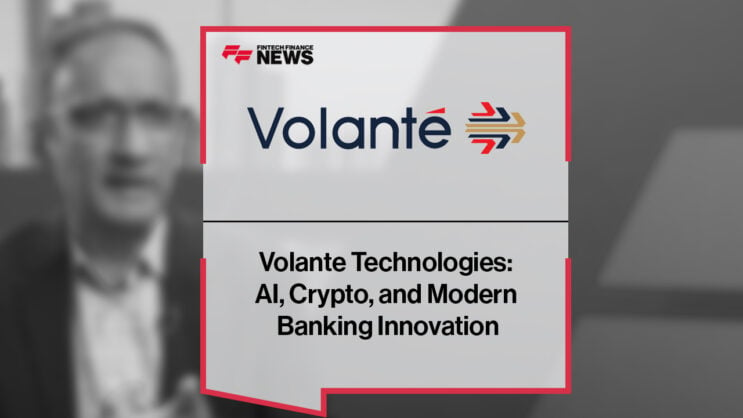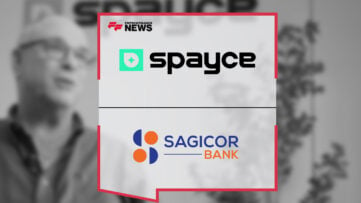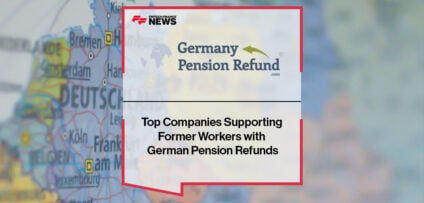Breaking News

Venezuela’s ‘Petro’ Token Launches in Pre-Sale
The Venezuelan government has officially launched the pre-sale of its controversial “petro” token, according to a report.
The petro was first announced in early December 2017 by President Nicolas Maduro as a way to circumvent U.S. sanctions, amid an economic crisis and a plunge in the value of the bolivar. The token is said to be backed by commodities, including oil, of which the country has notable reserves.
According to Latin American news source Telesur, 82.4 million tokens are available initially. The president has previously said that 100 million petros will be issued, valued at over $6 billion.
President Maduro was quoted as saying in a launch announcement:
A “manual” setting out how to acquire the petro will now be available in several languages, Telesur states.
The official in charge of managing the token, Carlos Vargas, reportedly said the pre-sale and initial offering will be exchangeable for “hard currencies” and cryptocurrencies, but not the comestic fiat currency, the bolivar.
While it might make sense for a cash-strapped country to try and bring in new funding via such a token sale, the petro has been controversial from the get-go.
Venezuela’s opposition-run congress declared soon after it was announced that the petro would be illegal. The legislative body argued that the issuance would effectively be borrowing against the country’s oil reserves, thus violating laws setting out that congress must approve government borrowing.
Saying the scheme was “tailor-made for corruption,” legislator Jorge Millan said, “This is not a cryptocurrency, this is a forward sale of Venezuelan oil.”
In late January, U.S. Senators Marco Rubio (R.-Fl) and Robert Menendez (D.-NJ) also denounced the planned cryptocurrency in an open letter addressed to U.S. Treasury Secretary Steven Mnuchin.
Rubio and Menendez wrote at the time: “It is imperative that the U.S. Treasury Department is equipped with tools and enforcement mechanisms to combat the use of cryptocurrency to evade U.S. sanctions in general, and in this case in particular.“
- Volante Technologies: AI, Crypto, and Modern Banking Innovation Read more
- Payment Spayce and Sagicor Bank: Innovating Fintech for the Caribbean Market Read more
- Top Companies Supporting Former Workers with German Pension Refunds Read more
- Trust Travel, a TUI Brand, Partners With Qover to Deliver Seamless Travel Protection at Booking Read more
- New Partnership Introduces First-of-its-Kind Model To Democratise Olympic Sailing Read more






